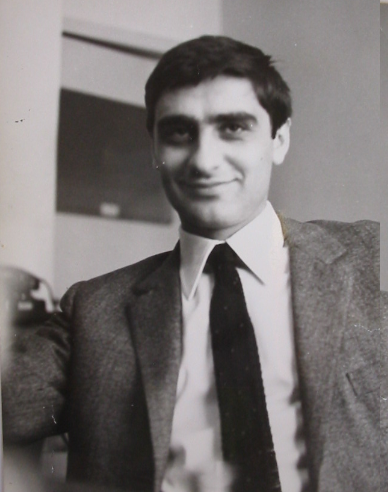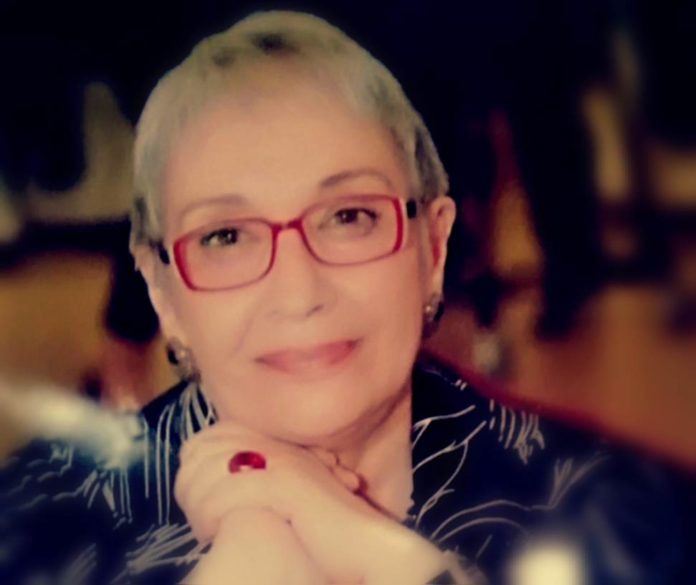YEREVAN — Italian film director Giuliano Montaldo, during his visit to Armenia in 1974, said the following in an interview: “A film editor of Armenian origin, named Baghdikian, works in Italy. I have worked with him often; he is a talented editor.”
While working on my study The Armenians in World Cinema, I wanted to know more about this person, so I sent a letter to Giuliano Montaldo. In his reply, Montaldo informed me that Baghdikian or Bad, as they called him, has “disappeared, after being one of the most appreciated editors in the 1970s. I appreciated Bad’s editing work, done quickly. It was a very modern style. I would have to say (but many people said at the time) that Bad was the pioneer of that “revolutionary” style of editing. He was an attractive young man (a bit of a Casanova), great worker (a bit unruly), likable (a bit self-centered), but always full of enthusiasm.” Signor Montaldo repeated the same when we met during the Italian Film Festival in 1998 in St. Vincent, Italy.
However, it was possible to find Baghdikian’s relatives through Facebook, to learn that his name was Giuseppe, and moreover, to find out that his cousin lives in Yerevan. She, the Italian language professor Sara Mechitarian, has spent her life in Italy, Germany, Iran and for more than 20 years has lived in Armenia with her family. And my meeting and conversation with Sarah took place in her pleasant house in Davitashen district of Yerevan.
Sara, I am very happy that Giuseppe Bagdikian became an opportunity for us to get to know each other. Let’s start our conversation from him. How did that “Armenian Casanova” enter the world of cinema?
Giuseppe was an extremely handsome and smart person. I remember well his very beautiful eyes. An article about him was titled “The Armenian Eyes Look at the World.” Giuseppe’s father, Levon, was married to an Armenian girl from an orphanage in Milan; they also had two daughters, Elisabetta and Maria. The first one married a French-Armenian; the second one an Italian, but divorced. Giuseppe was not fond of studying, so from an early age he started working at the Rome branch of the “Paramount” film studio, where his father worked as a guard. This is how Giuseppe entered this world, learned film editing and participated in important films. Then he engaged in journalism, created TV programs. I had not met with him for many years, but the last time I saw him was a few months before his death, in Rome. He was sick, but still was very handsome. And he was speaking Armenian. He died at the age of 60 in 1997. Giuseppe was married to an Italian lady, but they had no children and divorced, but he had a daughter from another woman, whom he named Armenia. Armenia Baghdikian works in television. Some years ago she visited Armenia.

As far as I know, the Baghdikian family was from Smyrna/Izmir.








